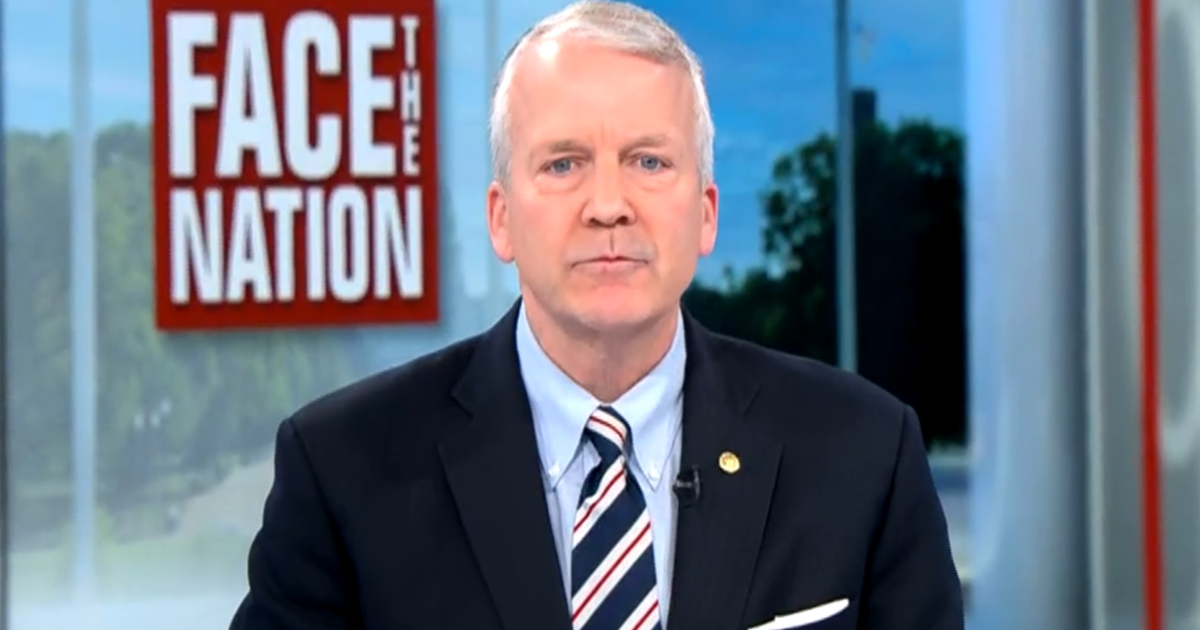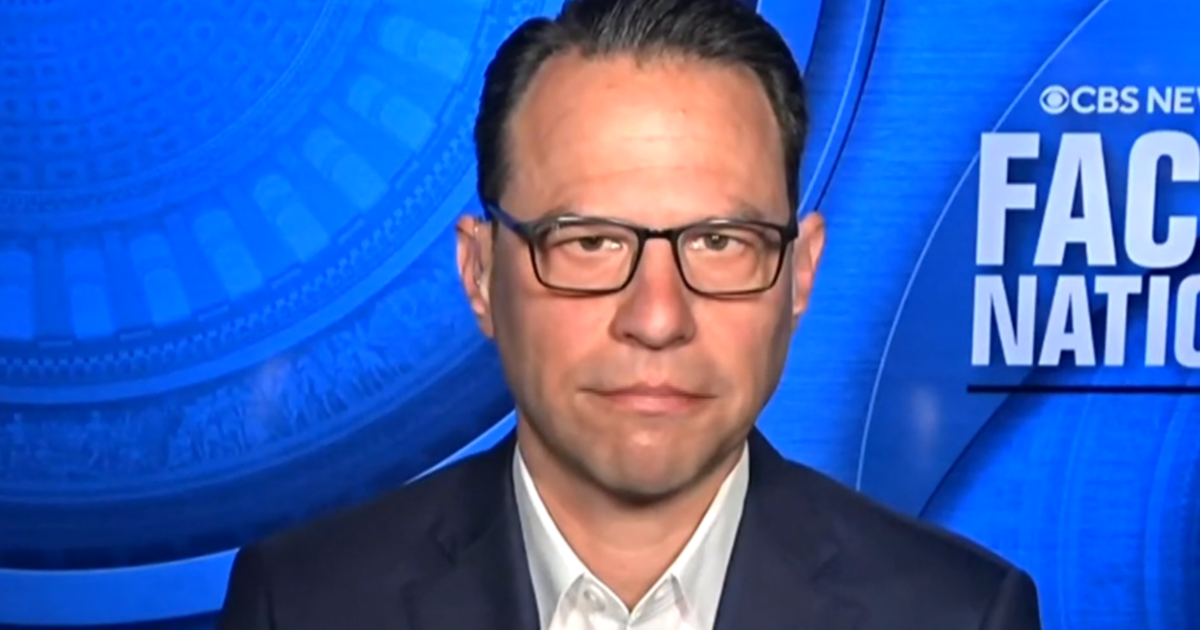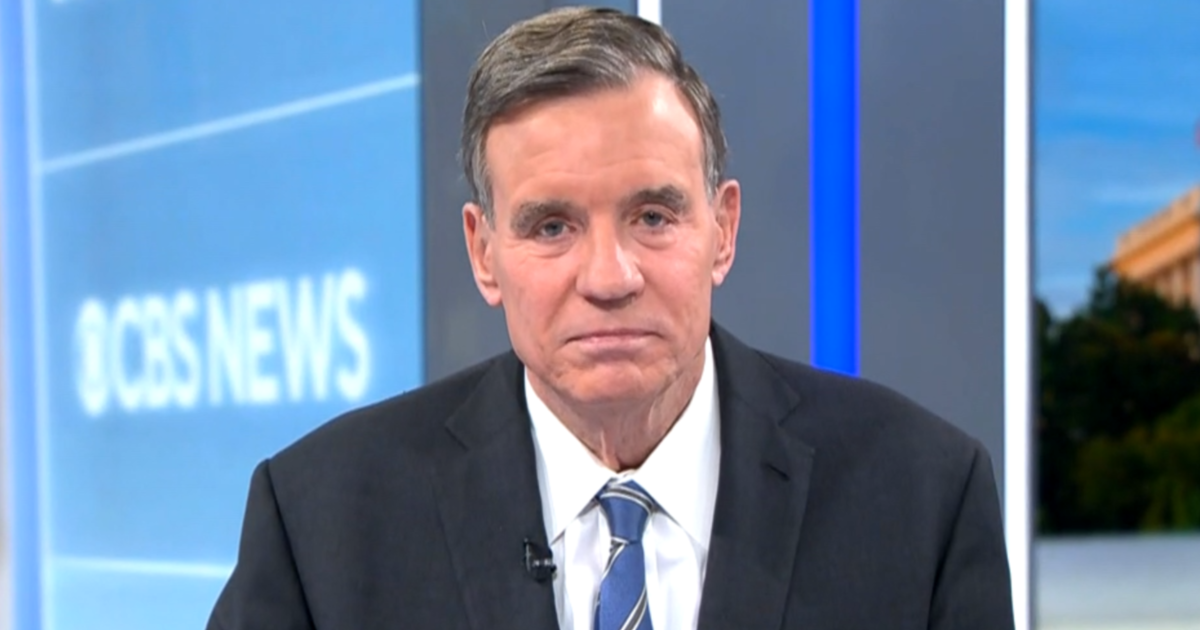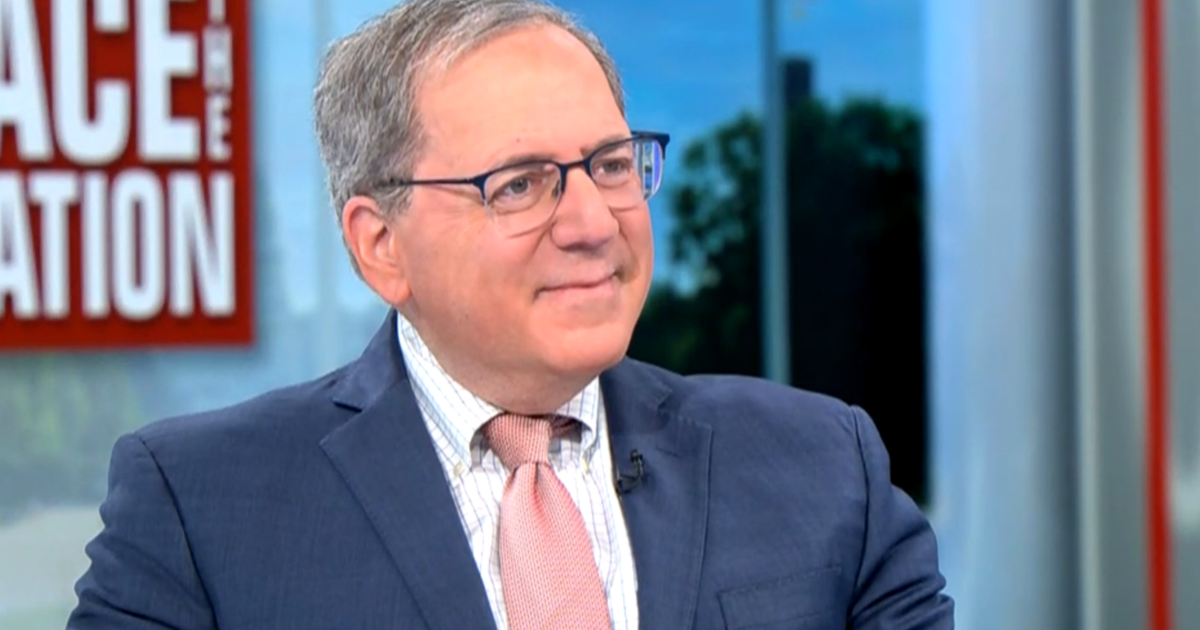Transcript: Claire Babineaux-Fontenot on "Face the Nation," November 29, 2020
The following is a transcript of an interview with Claire Babineaux-Fontenot, Feeding America CEO, that aired Sunday, November 29, 2020, on "Face the Nation."
MARGARET BRENNAN: This Thanksgiving many of us enjoyed an abundance of food, but more than 50 million people in this country are unsure of where their next meal is coming from, according to Feeding America. That is the nation's largest hunger relief organization. And its CEO, Claire Babineaux-Fontenot, joins us from Dallas this morning. Good morning.
CLAIRE BABINEAUX-FONTENOT: Good morning.
MARGARET BRENNAN: Your organization says as a result of the pandemic, one in six Americans could face hunger. Where are you seeing the most need?
BABINEAUX-FONTENOT: Wow, what is really staggering is the fact that that's on average across the country. There are actually communities in which one in two children face food insecurity. What we're seeing is the things that you might imagine. So, communities of color are particularly vulnerable. They're two times more likely to suffer with food insecurity. Also, rural communities are far more likely to suffer with food insecurity as well. So, it's definitely not evenly spread, but on average, about one in six people in this country food insecure. That's right.
MARGARET BRENNAN: That is staggering. 17 million of them children. How much of that is coming from school closures?
BABINEAUX-FONTENOT: Well, it's a combination of things, actually. About 22 million children in the country before COVID relied on free and reduced lunch. It consistently is true that families with children are far more likely to suffer from food insecurity. So there are lots of things conspiring right now to cause vulnerable communities to really be reeling right now, not only with a- a health crisis, but with a food crisis as well.
MARGARET BRENNAN: I want to talk not just about describing the problem, but- but some of the suggestions you might have on solutions here. I know that states were ordered last month to do the most they possibly can in terms of providing money for food stamps. The typical payment, according to the USDA, is for a family of four to get $680 to last for a month. According to your organization, a third of the customers you are seeing at your food banks don't even qualify for food stamps. What does that suggest to you about how out of a line the states and the federal government is with the absolute need you're seeing on the front lines?
BABINEAUX-FONTENOT: Yeah, well, I'm so glad you started there because that's one of the solutions. That's something we could do right now that could help families that are struggling. So not only do we have many people who turn to us for help or people who don't qualify but barely don't qualify under current guidelines. But we also have a number of people who turn to us for help who qualify. But what they receive does not satisfy their needs for their families because of things like what you said. I want to throw out one more statistic, if you won't- if you don't mind, which is that the US Bureau of Labor Statistics just said that grocery prices right now are at a 50-year high and we're simply not tracking with those increases in demand and- and lower supply when it comes to the federal nutrition program. So that's something that we should definitely be looking at- at changing.
MARGARET BRENNAN: Cost of living just higher than what the social safety net is. I- I know you've been in contact with the Biden administration, incoming administration, and I know there's a debate among some Democrats right now about whether to refocus, in some ways, the Agriculture Department on this question of hunger versus the traditional focus on rural America. What- what would you advise the incoming administration?
BABINEAUX-FONTENOT: I- I'd start by saying that's a false choice. The need is so great out there. We ought to be doing both. There's absolutely a role for the federal nutrition programs to play. That role, in fact, should be enhanced. And there's also a role for our- our US based growers and- and producers to play. I'll give you as one quick example, the USDA commodities represented about 1.7 billion meals of the five billion meals that our network was able to provide last year. If nothing happens with no intervention, we're looking at a 50% decrease in those commodities next year while we're seeing a 60% increase in demand. I- I really believe that we need to be thoughtful about how we look at near-term solutions, mid-term solutions and long-term solutions. And as I said, I believe that's really a false choice.
MARGARET BRENNAN: Well, in the near term, we know the CARES Act, a lot of its support to Americans runs out at the end of December, leaving potentially almost seven million people pending eviction, 12 million Americans without unemployment benefits. What is that going to do? Are your food banks prepared to meet what is potentially a lot of new need?
BABINEAUX-FONTENOT: Well, I'll tell you, I- I'll bet on this network of remarkable people to do everything that they can all the time, but the simple truth is there's no way that the charitable food system can do this alone. It's going to require- it's an all-in fight. It's going to require policy interventions, regulatory interventions. It's also public-private partnerships. I think we've got to get really serious about- about doing something about this, because in our country, we actually have the resources and the ingenuity that's necessary to really solve these problems--
MARGARET BRENNAN: Yeah.
BABINEAUX-FONTENOT: --as nuanced and complex as they are.
MARGARET BRENNAN: Well, good luck to you and your organization. Thank you.
BABINEAUX-FONTENOT: Thank you for having me.



